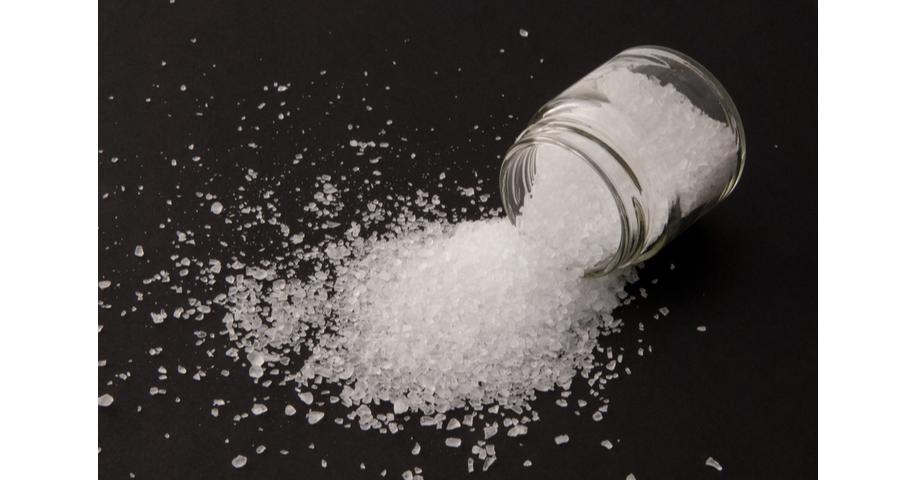Potassium is an essential mineral that is required for several bodily functions, including the proper functioning of the heart, muscles, and nerves. Potassium chloride is a supplement that is commonly taken to manage low levels of potassium in the body, which can lead to serious health problems. In this blog, we will discuss the benefits of potassium chloride, the recommended dosage, and some of the potential side effects.

Benefits of Potassium Chloride
Potassium chloride is used to treat and prevent hypokalemia, or low levels of potassium in the blood. Hypokalemia can cause muscle weakness, cramps, and irregular heartbeat. Potassium chloride supplements are prescribed by doctors to help restore potassium levels in the body and prevent these symptoms.
Potassium chloride is also known to provide other health benefits, including:
1. Lowering Blood Pressure: Studies have shown that increasing dietary potassium can help lower blood pressure, reducing the risk of heart disease and stroke.
2. Preventing Kidney Stones: Potassium chloride can also reduce the risk of kidney stones by increasing the excretion of calcium in the urine.
3. Supporting Bone Health: Potassium plays a key role in maintaining bone density and strength, which can help prevent osteoporosis.
4. Managing Anxiety: Potassium helps to regulate the nervous system, which can help relieve anxiety and promote relaxation.
Potassium Chloride Dosage
The recommended daily intake of potassium for adults is approximately 2,500 mg per day. The dosage of potassium chloride supplements will vary depending on the individual's age and medical condition. It is important to follow the dosage instructions given by your healthcare provider.
The dosage of potassium chloride may need to be adjusted if you have certain medical conditions, such as heart or kidney problems, or if you are taking medication that can affect potassium levels in the body. It is important to discuss any concerns with your doctor or pharmacist.
Potential Side Effects
While potassium chloride is generally safe when taken as directed, it can cause side effects in some people. The most common side effects of potassium chloride include:
1. Nausea and vomiting
2. Diarrhea
3. Upset stomach
4. Abdominal pain
5. Muscle weakness
6. Irregular heartbeat
7. Tingling or numbness in the hands or feet
If you experience any of these side effects, it is important to contact your doctor or pharmacist immediately. In rare cases, potassium chloride can cause more serious side effects, such as an allergic reaction or heart attack.
Potassium Chloride and Vitamin Supplements
While potassium chloride is important for maintaining good health, it is important to remember that vitamins and minerals work in synergy with one another. Taking a multivitamin supplement that contains potassium is a good way to ensure that you are getting enough of this vital nutrient. In addition to potassium, multivitamin supplements can also provide other essential vitamins and minerals that are necessary for optimal health.
Conclusion
Potassium chloride is an essential nutrient that is required for several bodily functions. It can help lower blood pressure, prevent kidney stones, support bone health, and manage anxiety. While potassium chloride supplements are generally safe when taken as directed, it is important to talk to your doctor or pharmacist about any concerns you may have. Taking a multivitamin supplement that contains potassium is a good way to ensure that you are getting enough of this vital nutrient, along with other essential vitamins and minerals.